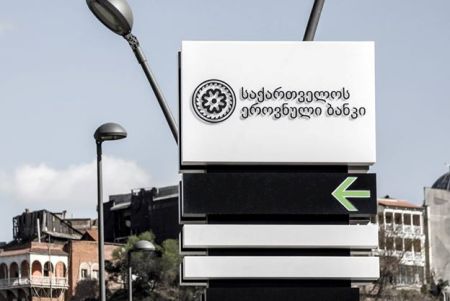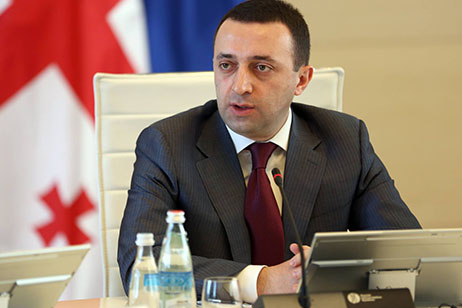IMF says Georgia’s growth could reach 5% in 2015

Growth in Georgia is expected to reach five percent in 2014-15 but the forecast is subject to risks, the International Monetary Fund (IMF) said this week.
Officials at the international agency said the Russia-Ukraine crisis had limited economic impact so far, given Georgia’s limited (but growing) trade links with Russia, however escalation of regional tensions or further disappointment over the strength of the Euro area recovery could weaken foreign investment and trade.
On a positive note, IMF stressed there was a potential upside and pointed to the recent decline in oil prices, stating: "if sustained, should lead to higher growth and a lower current account deficit”.
IMF estimated that growth this year should reach five percent as the economy recovered from the slowdown in 2013, supported by stronger consumption, private investment, and exports.
"The economic impact of geopolitical tensions has been contained so far, given Georgia’s growing (but still limited) trade links with Russia and increasing remittances from Southern Europe. All of the program’s quantitative targets for end-September were met,” IMF said.
The international agency expected this year’s budget deficit would be slightly below the 3.7 percent of GDP limit.
"Overall spending has been broadly in line with expectations but its composition has shifted from capital to current expenditure, pointing to the need to strengthen project appraisal and procurement,” IMF said.
IMF officials were confident that the authorities would continue allowing the Georgian Lari to float in line with market forces to preserve competitiveness and to strengthen the economy’s ability to withstand external shocks.
IMF Resident Representative in Georgia Azim Sadikov presented the IMF’s latest regional assessment on November 17, and said Caucasus and Central Asia countries were dealing with economic implications of geopolitical tensions and the related slowdown in Russia.
"With weaker economic prospects and long-standing vulnerabilities, it is more urgent to implement reforms to increase competitiveness, reduce unemployment and improve living standards.”
 Tweet
Tweet  Share
Share



